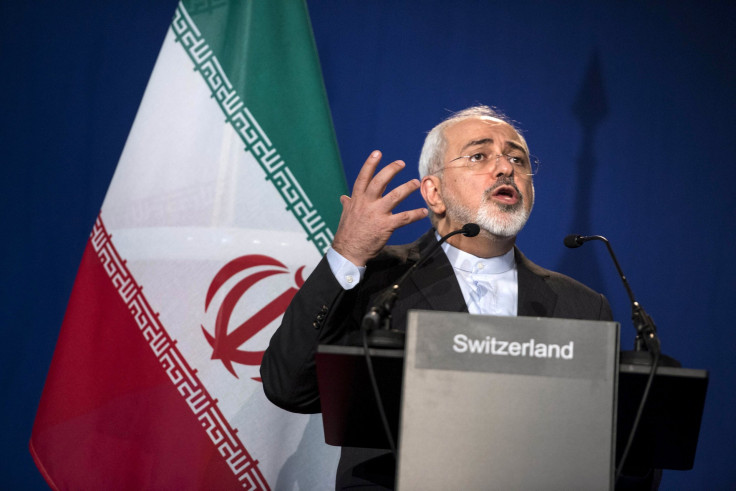Iran Nuclear Deal: Foreign Minister Mohammad Javad Zarif Reaches Out To Hardliners

Iran's Foreign Minister Mohammad Javad Zarif, the country's diplomatic heavyweight behind the nuclear deal, has reached out to Iranian hardliners.
Zarif, who was given a rousing welcome on his return home following the accord, insisted the country would be able to resume its nuclear program from the current level if world powers failed to live up to their commitments.
"All parties to the agreement can stop their actions in case of violation of the agreement by the other party," he said in an interview with a state-run television channel.
Stoutly defending Iran's position in the negotiations, he said: "They [P5+1 powers] realized they can't shut down Iran's nuclear program."
Disputing the "fact sheet" released by the U.S. following the pact, which caused apprehension in Iran, Zarif said: "The Americans put what they wanted in the fact sheet ... I even protested this issue with [U.S. Secretary of State John] Kerry himself."
Reiterating that the UN Security Council would be responsible for monitoring the framework and not Washington, the veteran Iranian diplomat also contested the document's contention that economic sanctions on Iran have only been suspended and not lifted.
The final comprehensive agreement is proposed to be completed by the end of June and until then the framework is not binding, Zarif stressed.
Iranian President Hassan Rouhani has also hailed the Zarif-led team's diplomatic achievement.





















